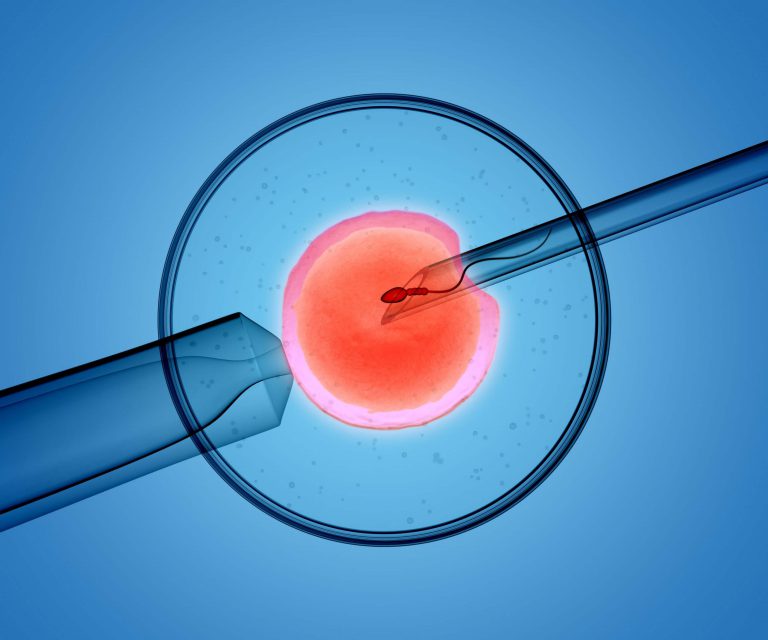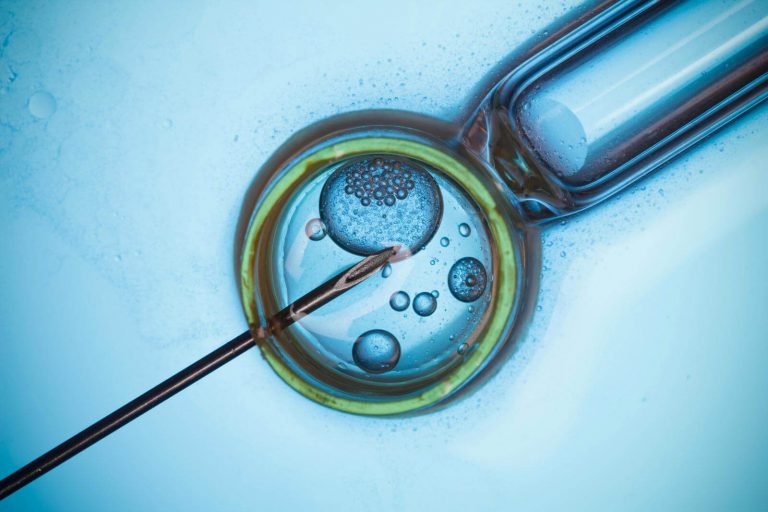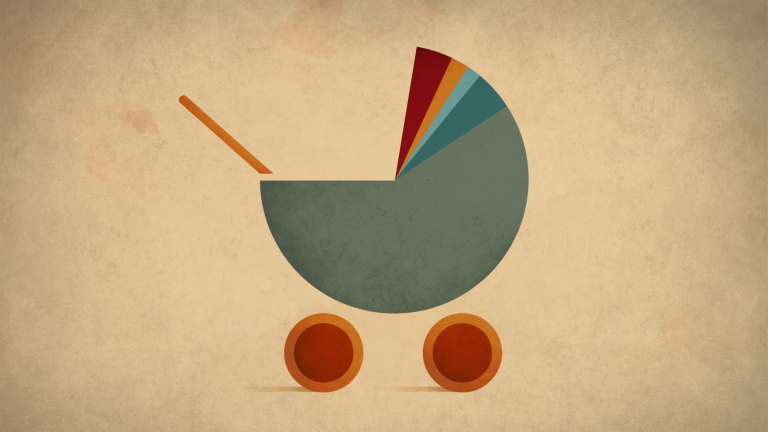If you’re struggling to get pregnant or already have a diagnosis of infertility, you’ve probably heard a variety of stories about fertility drugs tossed around. But what are they, and what can they do?
In one sense, fertility drugs are just what they sound like they are – prescription medications intended to help you be more fertile, that is, to help you get pregnant. But fertility drugs are not necessarily a magic bullet or a cure for infertility. Because there are many different causes of infertility, there are also many different kinds of fertility drugs. How well each drug might work for you will depend upon whether the doctor has clearly identified the problem, whether you have other fertility issues or health problems, your age, and how effective the medication is generally.
Read on to learn more about common prescription fertility drugs for men and women, as well as some over-the-counter treatments available.
Fertility Drugs for Women
The use of fertility drugs in the treatment of female infertility is widespread. Fertility drugs are the first course of treatment for most ovulation disorders, and are also used routinely during more advanced infertility treatments like IVF. This is because the majority of female fertility drugs work by stimulating your body to release an egg (ovulate).
The most common fertility drugs for women are a pill called clomiphene citrate, also known as Clomid or sometimes Serophene, and injectable gonadotropins (fertility-related hormones).
Clomid is often the first choice because it’s cheap, safe, and effective in treating PCOS, a common cause of ovulation-related infertility in women. Clomid is used to stimulate the brain to produce the hormones needed to mature and release an egg. It reliably causes ovulation in 60% to 80% of the women who take it, and under half of those women will conceive.
If Clomid doesn’t work after a few months, however, a variety of injectable gonadotropins might be considered, including hCG, FSH, hMG, GnRH, GnRH agonists, and GnRH antagonists. These abbreviations all stand for fertility-related hormones that act in specific ways to stimulate the body to develop and release eggs. Though injections are more expensive and increase the risk of OHSS (hyperstimulation of the ovaries), they have a very high ovulation success rate and among women who are able to ovulate, as many as 50% are able to get pregnant.
Fertility Drugs for Men
Men can also sometimes face hormonal imbalances that cause infertility. A condition called secondary hypogonadism, which is a hormone disorder resulting from a dysfunctional pituitary gland, can lower your sperm count or completely stop your body from making sperm. About 2% of infertile men have this condition, and it’s the only known cause of male infertility that is treatable with fertility drugs.
Studies of the effectiveness of Clomid in treating male infertility have only shown limited positive results, and most doctors recommend trying a different course of action if sperm counts haven’t improved within three to six months. Alternatively, hCG and hMG are known to be much more effective, but are more expensive, and tend to take much longer to work – often a year or two.
Test Your Sperm Quality. Easy, Mail-in Kit.
ORDER NOWSide Effects of Fertility Drugs
Side effects of Clomid are mild and might include nausea, headache, vision changes, weight changes, changes in sex drive, dizziness, or breast enlargement. Side effects of hCG or hMG include injection site soreness, breast enlargement, acne, and changes in sex drive.
Fertility Supplements
Many people today want a less expensive or more natural alternative to these treatments. Such people often turn to vitamins and over-the-counter fertility supplements, which can show positive effects, but are generally less understood.
What is the difference between the fertility drug that a doctor prescribes and an over-the-counter fertility supplement? In general, the FDA does not regulate supplements, so companies are allowed to sell them without requiring prescriptions or performing expensive tests to discover how safe and effective they are. However, there have been small-scale studies that show that some supplements, like antioxidants, and folic acid have a positive impact on fertility.
COQ10
COQ10 is an antioxidant found in our bodies that helps cells create the energy necessary to divide and function. As we age, we may lose some of our naturally occurring COQ10, and this can lead to a higher rate of abnormal embryos. Recent studies in human men have shown an improvement in sperm count, motility, and morphology from use of COQ10. No studies have been performed on human females, but another study showed an improvement in egg quality for older mice.
Folic Acid
Folic acid is another supplement that has proven to have a positive impact on reproductive health in women. Folic acid helps the body with cell replication, nerve function, and is part of our DNA methylation process through donating methyl groups. Folic acid is usually recommended during pregnacy as an effective method for protecting against the development of spinal cord defects in newborns. Although these defects only affect 0.1-0.2% of pregnancies, folic acid reduces the chances by nearly 75%. Women should start taking folic acid supplements before pregnancy and continue until 6-12 weeks gestation.
Remember that supplements may interact negatively with each other or with prescription medication, that’s why it’s important to always tell your doctor about the supplements you are currently or have recently taken.







